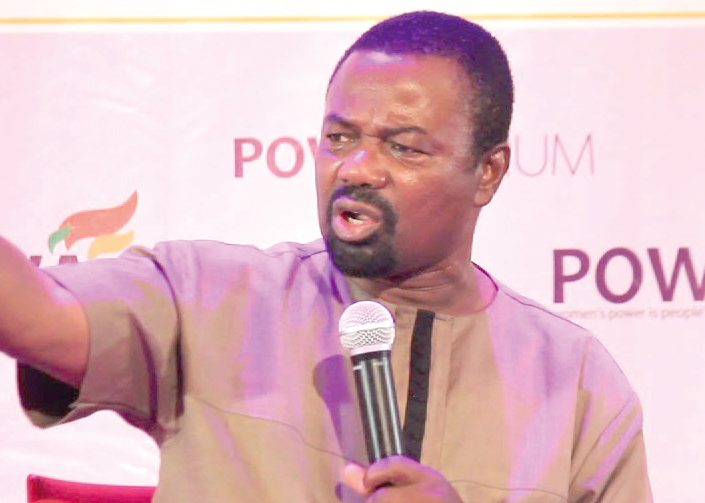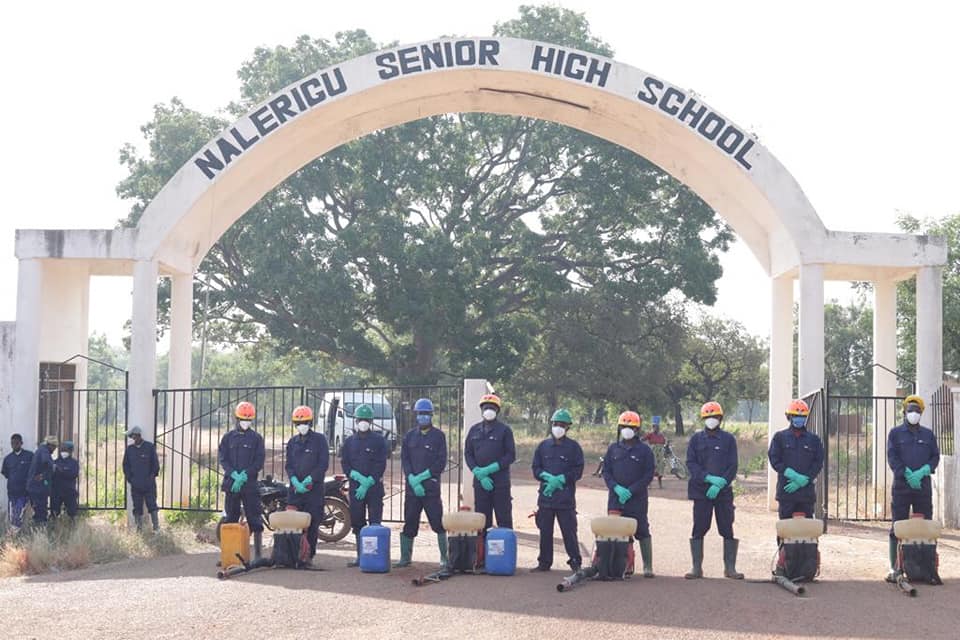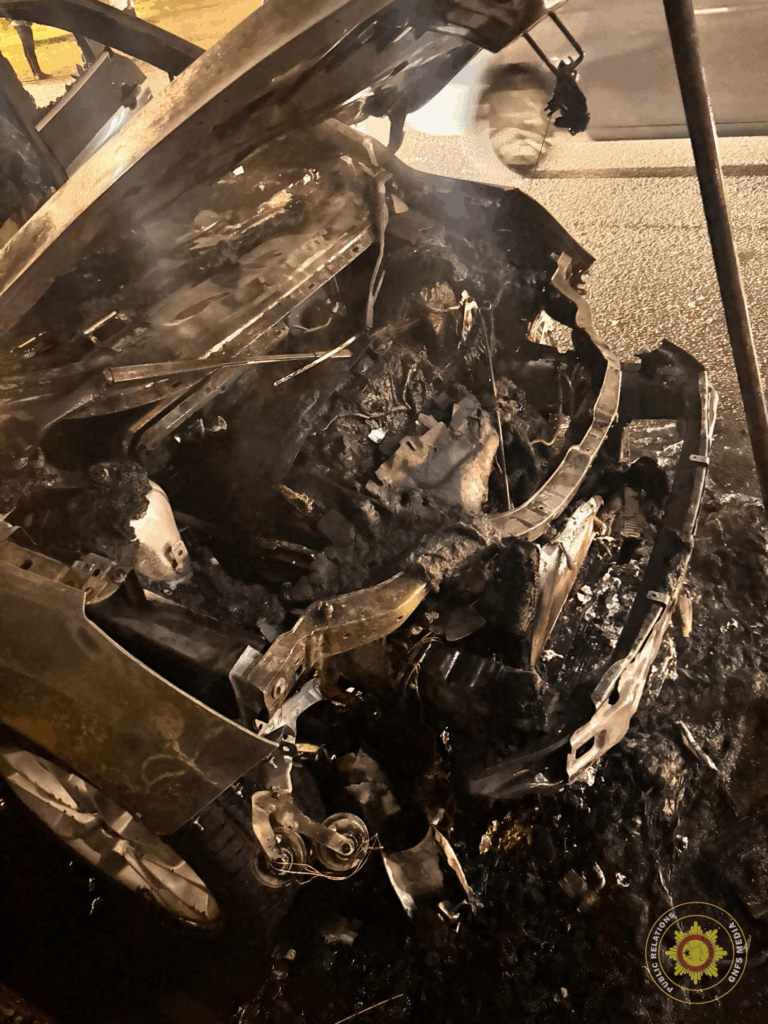Renowned security analyst and international relations scholar Dr. Vladimir Antwi-Danso has warned that political interference remains a major driver of the protracted conflict in Bawku, cautioning that continued reliance on military deployments will not yield a lasting solution.
In an interview on Channel One Newsroom on July 27, Dr. Antwi-Danso described the government’s current strategy—centered on heavy security presence in the restive Upper East town—as a “stopgap” measure that fails to address the structural and historical dynamics underpinning the violence.
“Military presence, police presence in their numbers will not solve the problem,” he said. “There are several pillars propping up the conflict. It could be history that has not been properly related—and we’re adding on and twisting history. It may be the media. It may be intra-community miscommunication. It could be politics.”
He singled out political manipulation as a central force sustaining the conflict. “In the Bawku case, politics is one of the greatest beams supporting the conflict,” he said, adding that without removing these underlying supports, security operations will only provide temporary relief.
“So until you remove these props one by one for the conflict triangle to fall, you have done nothing,” he noted. “Using the military often is only a stopgap.”
His remarks come amid a resurgence of violence in the Bawku area, where the government has reimposed curfews and ordered evacuations following deadly attacks reportedly linked to a decades-old chieftaincy dispute.
The government has increased military and police deployments in response to the unrest. However, civil society groups and local leaders have grown increasingly vocal in calling for a more holistic approach—one that includes sustained dialogue, historical clarity, and political neutrality.
Dr. Antwi-Danso’s comments underscore the need for a multi-layered strategy to restore long-term peace in Bawku, beyond tactical security enforcement.













